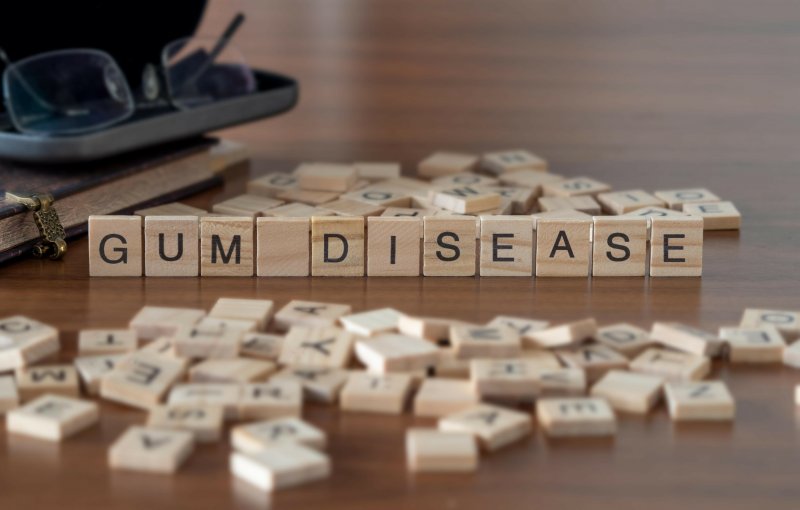
Gum disease is usually easy to prevent by maintaining an excellent oral hygiene routine and seeing your dentist every six months for cleanings and checkups. That being said, nearly half of American adults over the age of 30 are suffering from gum disease at one stage or another. As symptoms progress, it becomes much more difficult and even impossible to reverse. If you’ve been suffering from advanced gum disease for a while, it probably feels like you’re running out of options. You may think that extracting your teeth is the best chance at eliminating the infection for good. Here’s what you should know.
What Is Gum Disease?
Gum disease is an infection of the tissue that holds your teeth in place. This condition is usually caused by poor oral hygiene, causing plaque and tartar to build up on the teeth and cause inflammation. A few of the common symptoms include:
- Bad breath
- Red and swollen gums
- Tender and bleeding gums
- Painful chewing
- Gum recession
- Tooth loss
- Bone loss
Gum disease can also lead to a number of different health problems throughout your entire body, including diabetes and cardiovascular disease, as your oral health and overall health are directly related.
Will Extracting Your Teeth Eliminate Gum Disease?
Removing your teeth will not necessarily treat or cure your gum disease. However, they can be a part of the treatment process to restore your oral health. If gum disease has seriously damaged the tissue around your teeth, such as the gums and jawbone, your teeth can become loose and even fall out on their own. In some cases, the teeth are not salvageable and will need to be extracted. That being said, a tooth extraction won’t make the infection go away. You will still need periodontal treatment, like scaling and root planing or antibiotic therapy to eliminate the infection. Tooth extraction is only ever performed when there are no other viable options.
What Gum Disease Treatment Options Are There?
Depending on the severity of the condition, there are several different treatments that may be recommended:
- Scaling and Root Planing: This involves removing plaque and bacteria from along and below the gumline. Next, your dentist will smooth out the rough surfaces of the tooth roots to prevent future bacterial growth.
- Laser Periodontal Therapy: If infected gum tissues need to be removed, a dental laser will be used to instantly sterilize and cauterize the area. This reduces the risk of new infection and speeds up the recovery period.
- Antibiotic Therapy: This is recommended alongside a deep cleaning and laser therapy. The medication helps to treat remaining bacteria.
Having gum disease doesn’t necessarily mean that your teeth have to go. By working with your dentist, you can put together a treatment plan to meet your needs and optimize your oral health.
About the Practice
Drs. Davis, Roberts, Boeller, and Rife work together to provide quality, personalized dental care to the Englewood community. With their combined skills and expertise, patients can get pretty much anything they need all under one roof. If you’re struggling with advanced gum disease, they would be happy to help. To learn more about your treatment options or to schedule an appointment, visit their website or call (941) 474-6466.
